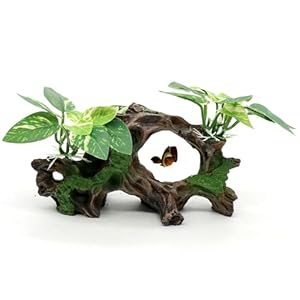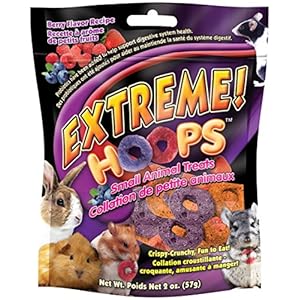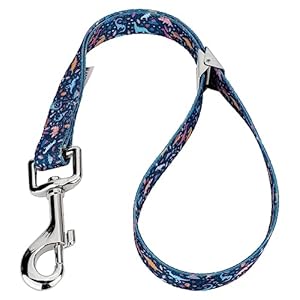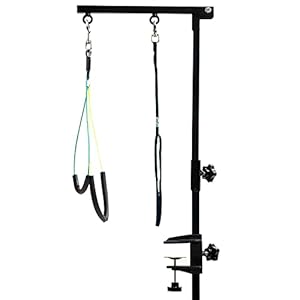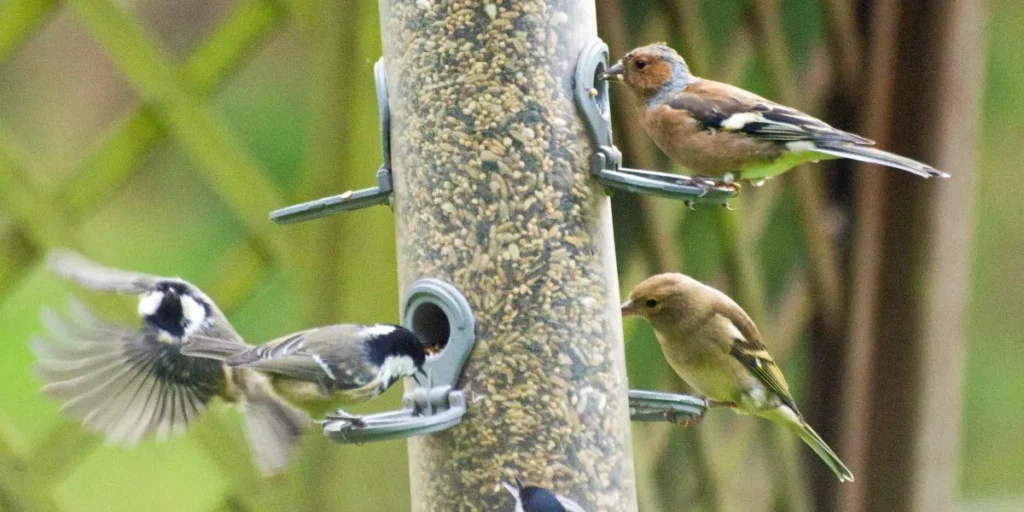
If you’ve ever wondered about the best diet for your feathered friend, the debate between seed mixes and pellets is a common one. While each option has its merits, understanding the specific nutritional benefits and drawbacks can help you make an informed decision. Consider factors like your bird’s health, activity level, and dietary preferences to determine which option aligns best with their needs. So, which will it be—a crunchy seed mix or a well-rounded pellet diet for your avian companion?
Nutritional Content Comparison
When choosing between seed mixes and pellets for your bird’s diet, comparing their nutritional content is essential to ensure your feathered friend receives the necessary nutrients. Seed mixes often contain a variety of seeds like sunflower, millet, and safflower. While these can be tasty for your bird, they may lack essential vitamins and minerals needed for optimal health.
On the other hand, pellets are formulated to provide a well-balanced diet with essential nutrients like vitamins, minerals, and amino acids. These pellets are designed to prevent selective eating, ensuring your bird consumes a diverse range of nutrients in each bite.
Before making a decision, carefully read the labels of both seed mixes and pellets. Look for information on protein content, fat levels, fiber, and the presence of essential vitamins and minerals. Consider consulting with a veterinarian or an avian nutritionist to determine the best option based on your bird’s species, age, and specific dietary requirements. Remember, a well-balanced diet is key to keeping your feathered friend healthy and happy.
Digestibility and Absorption
For optimal health and nutrient absorption in your bird, understanding the digestibility of seed mixes and pellets is crucial. When it comes to digestibility, pellets have an edge over seed mixes. Pellets are formulated to be easily digestible, providing a balanced mix of nutrients in each bite.
The uniform composition of pellets ensures that your bird can efficiently break down and absorb the essential vitamins, minerals, and proteins they need for overall well-being. On the other hand, seed mixes may contain harder-to-digest components like shells, hulls, or larger seeds that can pass through your bird’s system undigested, leading to potential nutrient deficiencies.
The higher digestibility of pellets can lead to better nutrient absorption in your bird’s digestive system. This means that your feathered friend is more likely to get the maximum benefit from the food they consume, helping them stay healthy and vibrant. When considering the digestibility and absorption of nutrients, pellets offer a more efficient option compared to seed mixes.
Impact on Dental Health
To maintain optimal dental health for your bird, considering the impact of seed mixes and pellets on their teeth is important. When it comes to dental health, pellets are generally considered better for birds than seed mixes. Pellets are formulated to provide balanced nutrition without the risk of selective eating, which can happen with seed mixes. Selective eating, where birds pick out only certain seeds they prefer, can lead to nutritional deficiencies and also impact dental health.
Pellets are designed to promote chewing, which is beneficial for your bird’s beak and overall dental health. The harder texture of pellets encourages your bird to chew, helping to wear down their constantly growing beak and preventing overgrowth. On the other hand, seed mixes may not provide enough resistance for proper beak maintenance.
Behavioral Considerations
Considering your bird’s behavior, understanding how seed mixes and pellets can impact their daily habits is crucial for making informed dietary choices. Seed mixes may be more appealing to birds due to their varied textures and shapes, mimicking foraging behaviors seen in the wild. However, this can lead to selective eating where birds pick out their favorite seeds, potentially missing out on essential nutrients.
On the other hand, pellets provide a complete and balanced diet in every bite, preventing selective eating and ensuring your bird receives all necessary nutrients. Some birds might take time to adjust to pellets if they’re used to seed mixes, but with patience and persistence, many birds can transition successfully. Additionally, pellets can help reduce mess and waste in your bird’s cage, making cleanup easier.
Observing your bird’s behavior and preferences can guide you in choosing the best diet option to promote their overall health and well-being.
Cost-Effectiveness and Convenience
Looking at the overall budget for your bird’s diet, which option between seed mixes and pellets provides a more cost-effective and convenient choice for long-term care? Seed mixes are often seen as a more budget-friendly option upfront, as they tend to be cheaper per pound compared to pellets. However, seed mixes can be less cost-effective in the long run due to the potential for selective eating. Birds may pick out their favorite seeds, leaving behind the more nutritious components, leading to waste and potentially necessitating additional supplements to ensure a balanced diet.
On the other hand, pellets offer a more balanced and complete diet in each bite, reducing the need for added supplements. While pellets may have a higher initial cost, their nutritional value and reduced waste can make them a more cost-effective choice over time. Additionally, pellets are convenient as they eliminate the need for sorting through seeds and provide consistent nutrition in every serving, simplifying your bird care routine. When considering cost-effectiveness and convenience, pellets may offer a more efficient and beneficial option for your bird’s diet.
Trending Products

